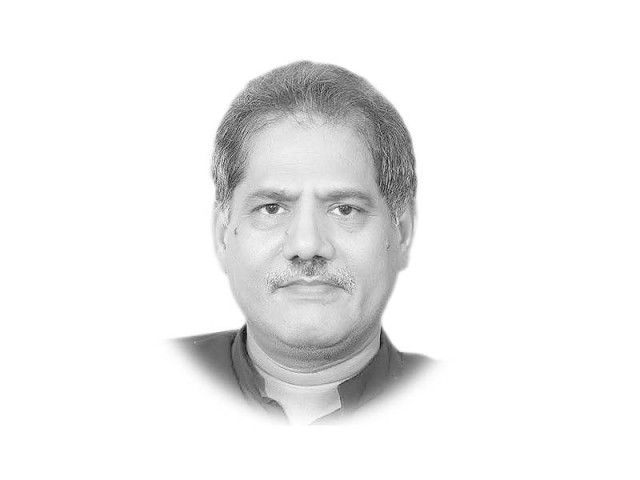The Senate election — some lessons
If political game in town is only about self-centred elite, they can easily remain aloof to real concerns of people

The writer is an Islamabad-based political commentator and researcher
So far, we have relied on piecemeal reforms for mainstreaming Fata. In 1997, Islamabad was generous enough to introduce adult franchise and in 2011, it extended the Political Parties Order to Fata along with some soft reforms in the repressive Frontier Crimes Regulations. In 2015, we have finally realised that Fata does not need to be an odd aberration in the country’s political stock exchange. Presently, 12 MNAs from Fata have the luxury to elect eight Senators. Fata residents definitely deserve a better political-cum-constitutional deal. The minimum the government could do for Fata is to extend constitutionally guaranteed fundamental rights to the area and do something about its status: either designate it as a full-fledged fifth province of Pakistan or merge it with geographically and ethnically contiguous neighbouring Khyber-Pakhtunkhwa.
The second lesson from the Senate election is that our political elite are quite vigilant when it comes to the addressing of cracks in their well-protected fiefdoms or if someone tries to steal their taken for granted political wealth without their consent and support. They can plan to enact constitutional amendments to protect their political wealth within hours if such a scenario arises. Endeavours and enthusiasm vis-a-vis the aborted 22nd Amendment bear ample testimony to this. At the same time, it would not be out of place to remember the parliamentary committee on electoral reforms established in June 2014. It was supposed to complete its job within three months but hasn’t met after November 19, 2014.
Within this conclusion is also an acknowledgement about the capability of the ruling elite to convene a first-ever purely political All-Parties Conference (APC). Even the government’s staunch political opponents couldn’t deny the prestigious invitation. I wish to see a similar kind of enthusiasm and sense of political urgency for APCs convened to address the issues of providing clean drinking water, education and protection of life and liberties to 200 million Pakistanis.
If the political game in town is only about the self-centred elite and not the ordinary people, the former can easily remain aloof from the real concerns of the citizens. Unfortunately, this is the situation on the ground as Pakistanis are being continuously denied functional local governments despite numerous deadlines given by the Supreme Court and a categorical command of the Constitution via Article 140-A. Most of the governance transaction of ordinary citizens happens at the local level. If this very foundation of delivering democracy and governance remains missing, then the majority of our people won’t be able to develop any kind of connection with the country’s democratic edifice.
Finally, no one has critically examined that the Senate election has badly damaged and violated the very soul and spirit of this House of the federation. The Senate of Pakistan was created as a territorial chamber to provide a significant say and a sense of equality to the federating units — the provinces. The Senate election saw many ‘outsider’ candidates contesting elections from provinces they do not belong to only in a bid to consolidate the elite’s political fiefdoms. Three of the ruling PML-N’s leaders from Sindh are now Senators from Punjab. The two seats from the federal capital have also been given to leaders rejected by the electorate in their original constituencies. Same is the case with the PPP that extended ‘representative benevolence’ to a non-entity from Punjab. These system distortions don’t augur well for a truly representative democratic future. It is time to reclaim the original spirit of the 1973 Constitution.
Published in The Express Tribune, March 17th, 2015.
Like Opinion & Editorial on Facebook, follow @ETOpEd on Twitter to receive all updates on all our daily pieces.















COMMENTS
Comments are moderated and generally will be posted if they are on-topic and not abusive.
For more information, please see our Comments FAQ